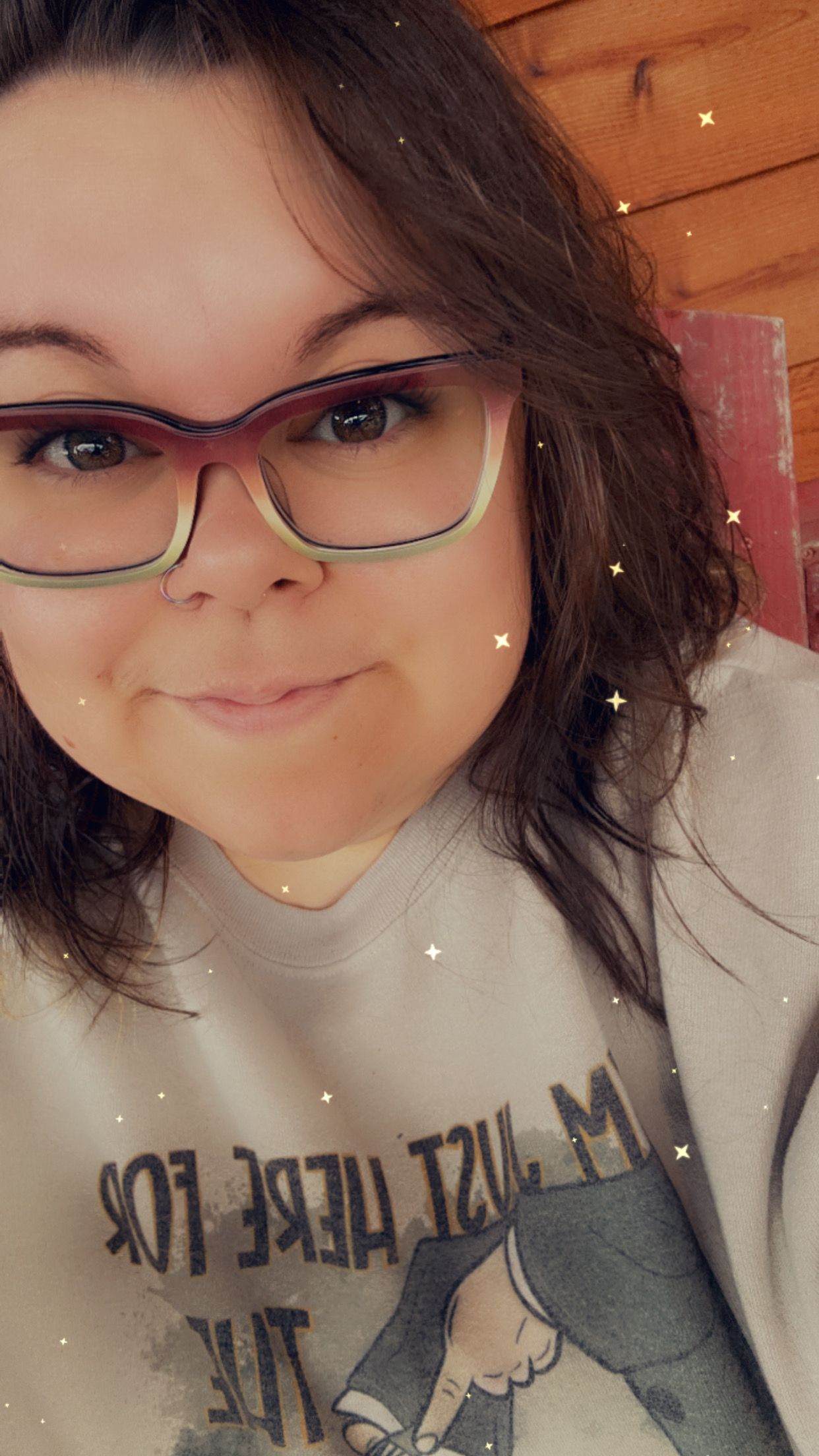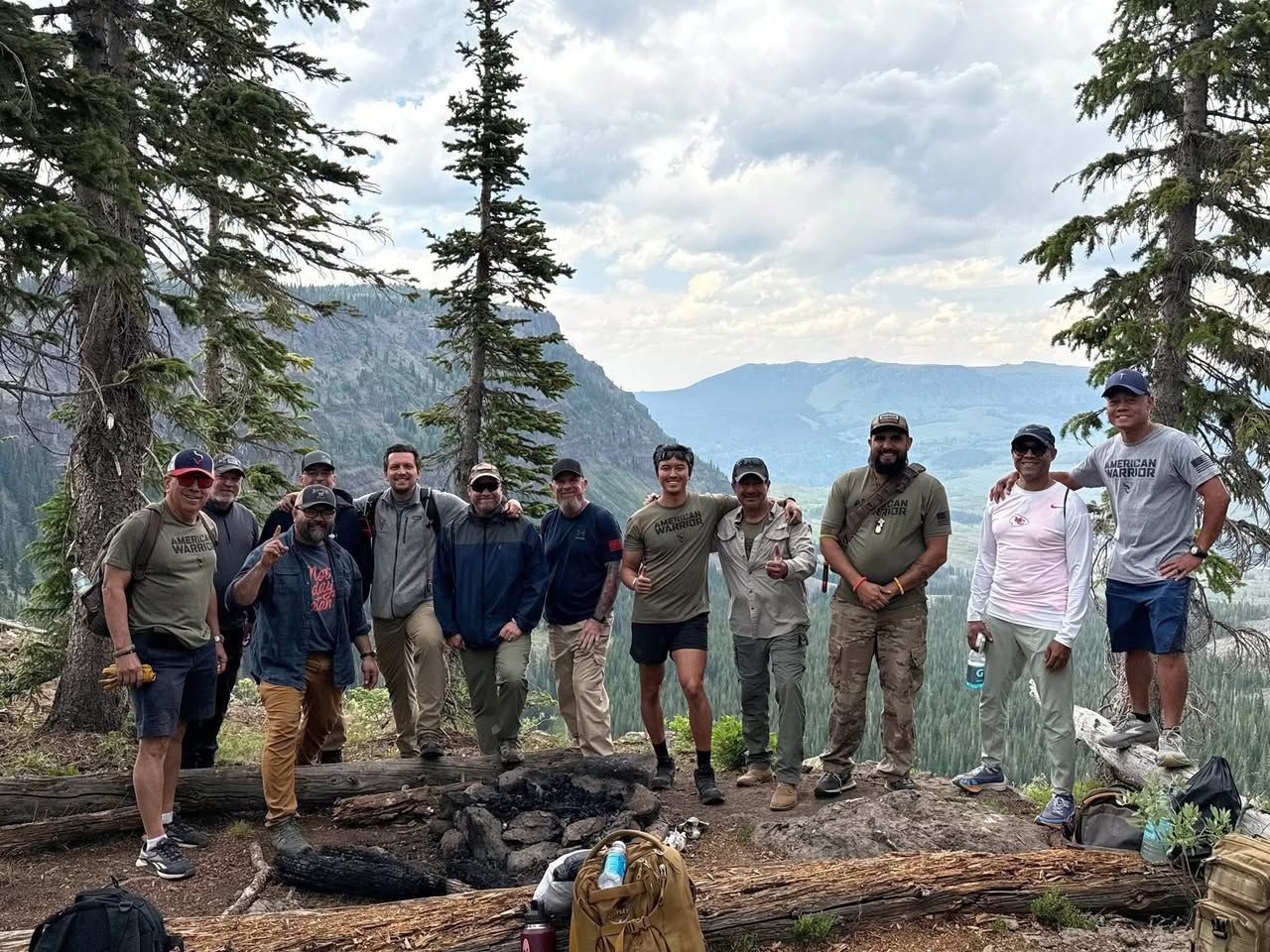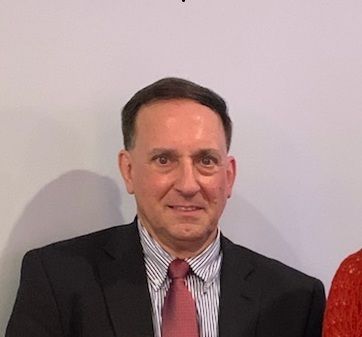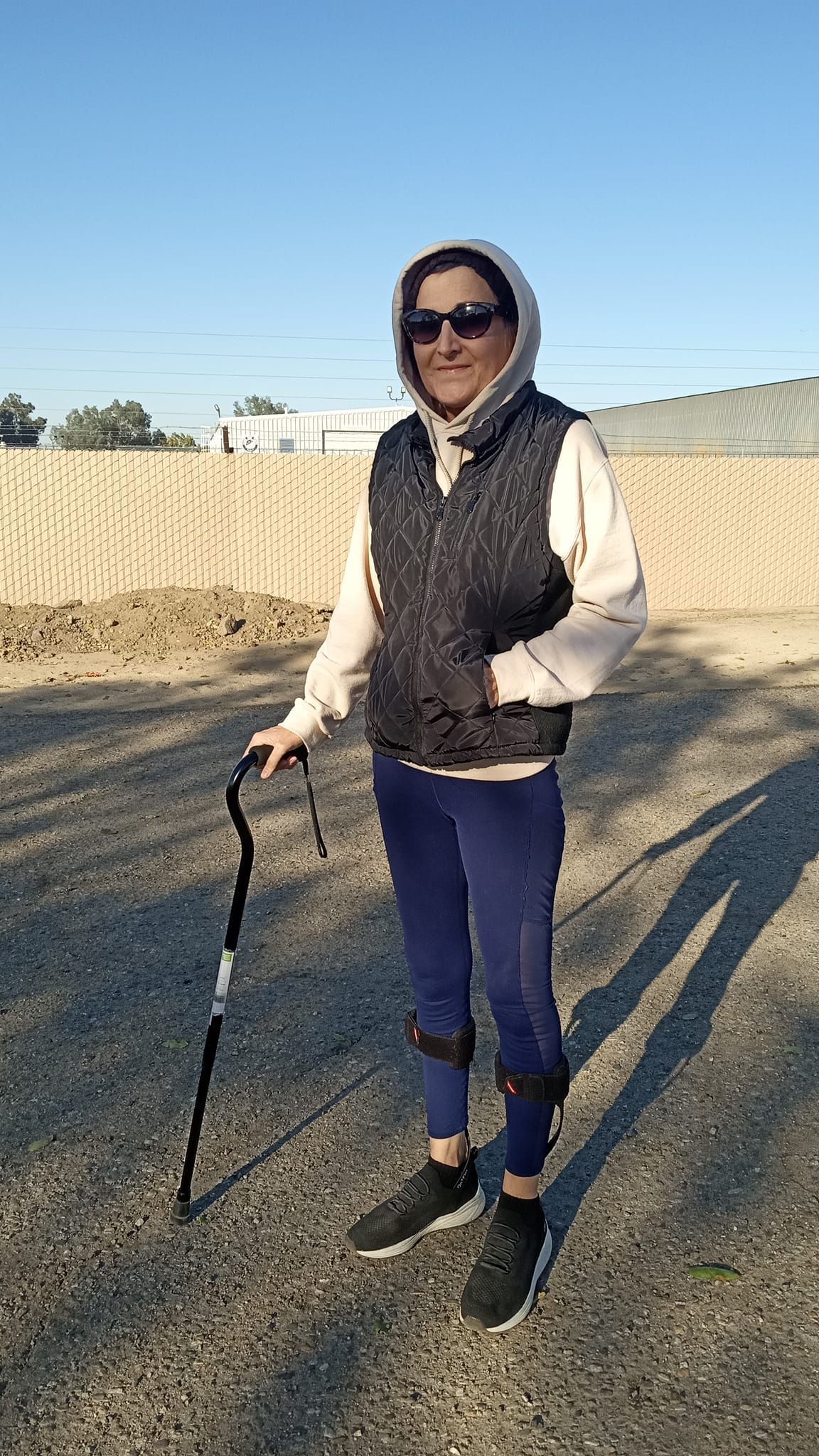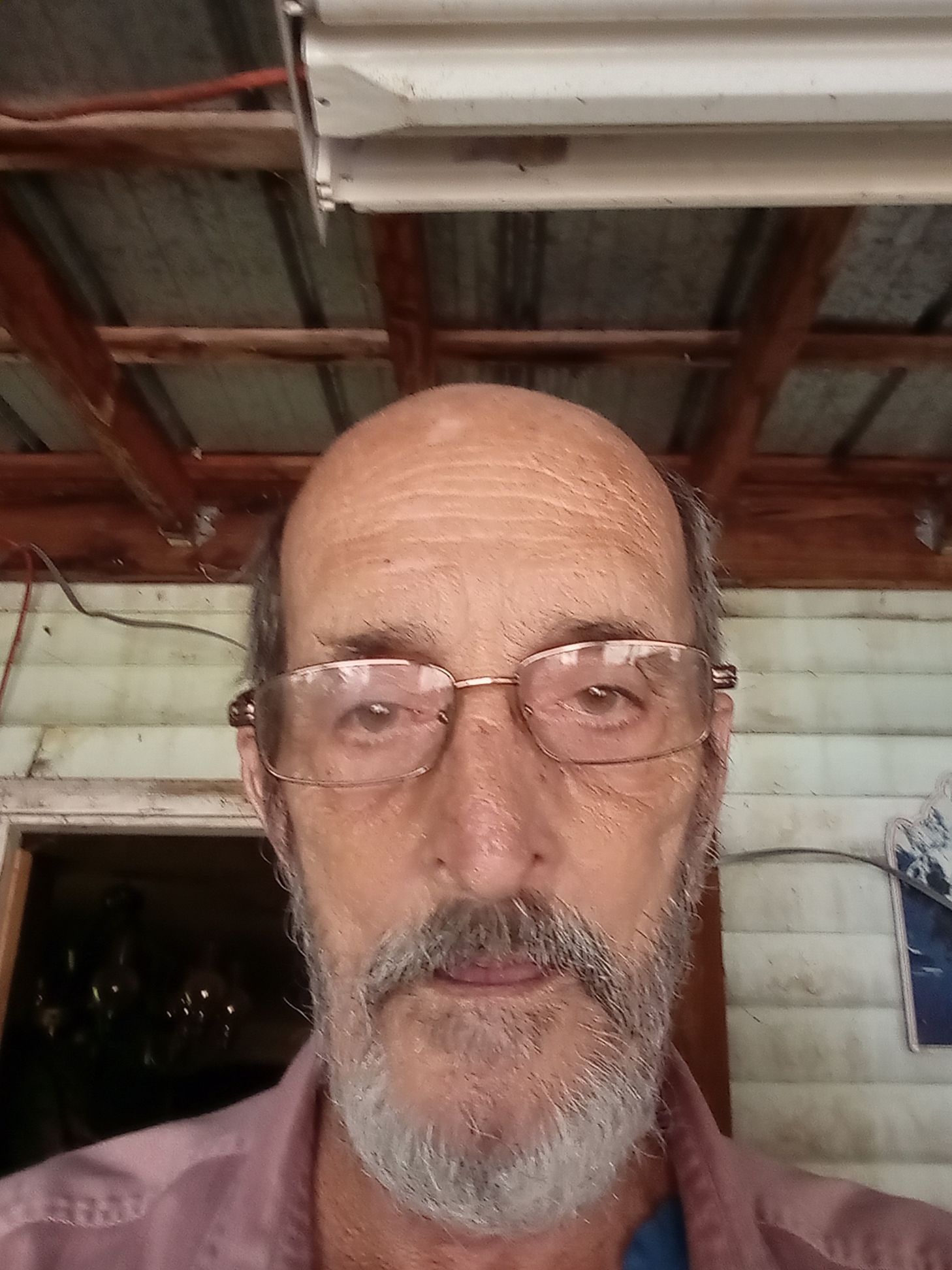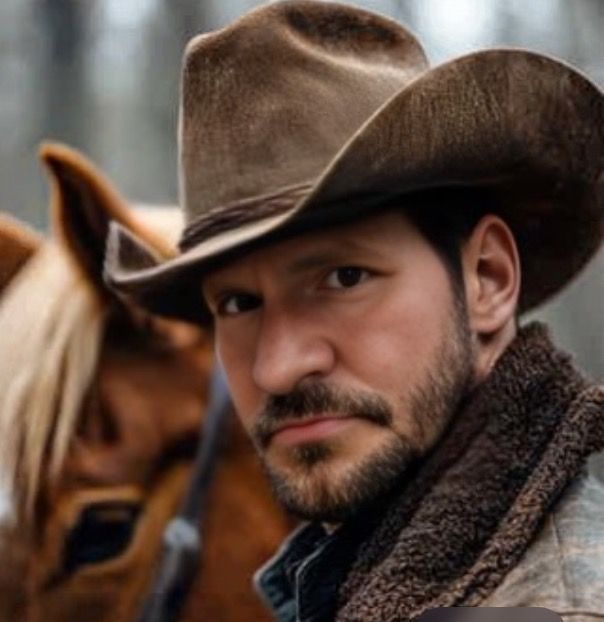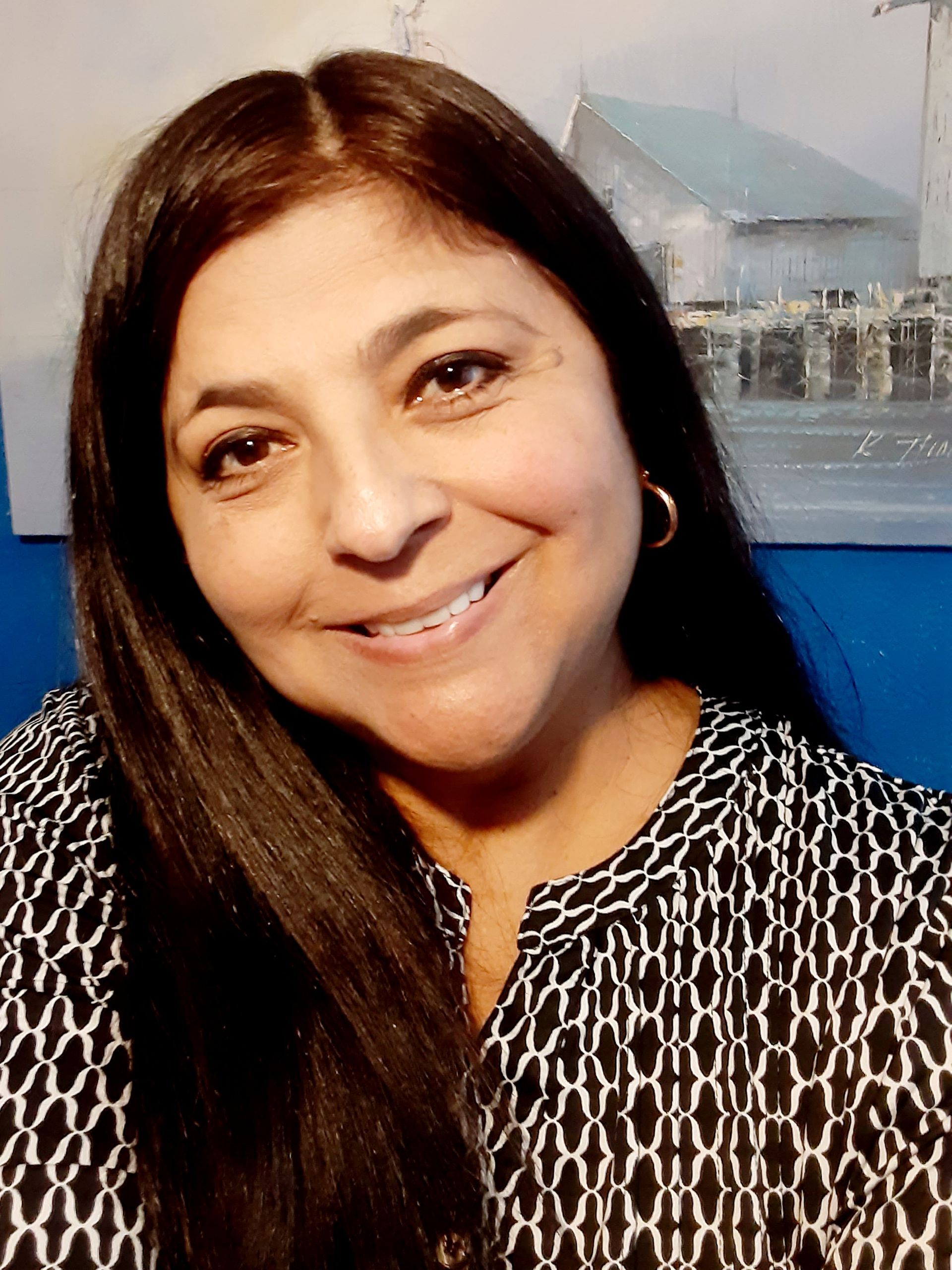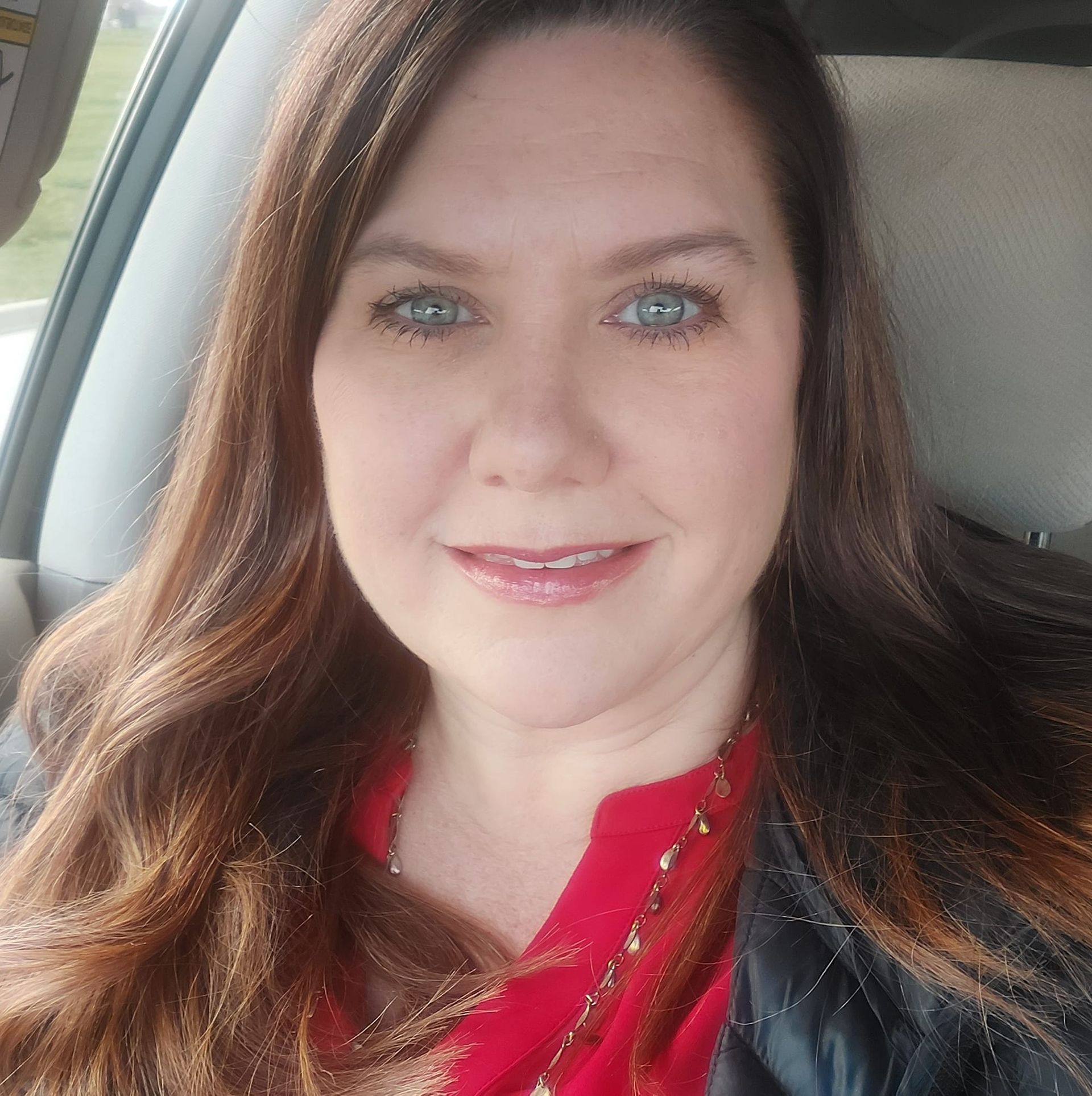Man with Rare Cancer Flies to Life-Saving Treatment
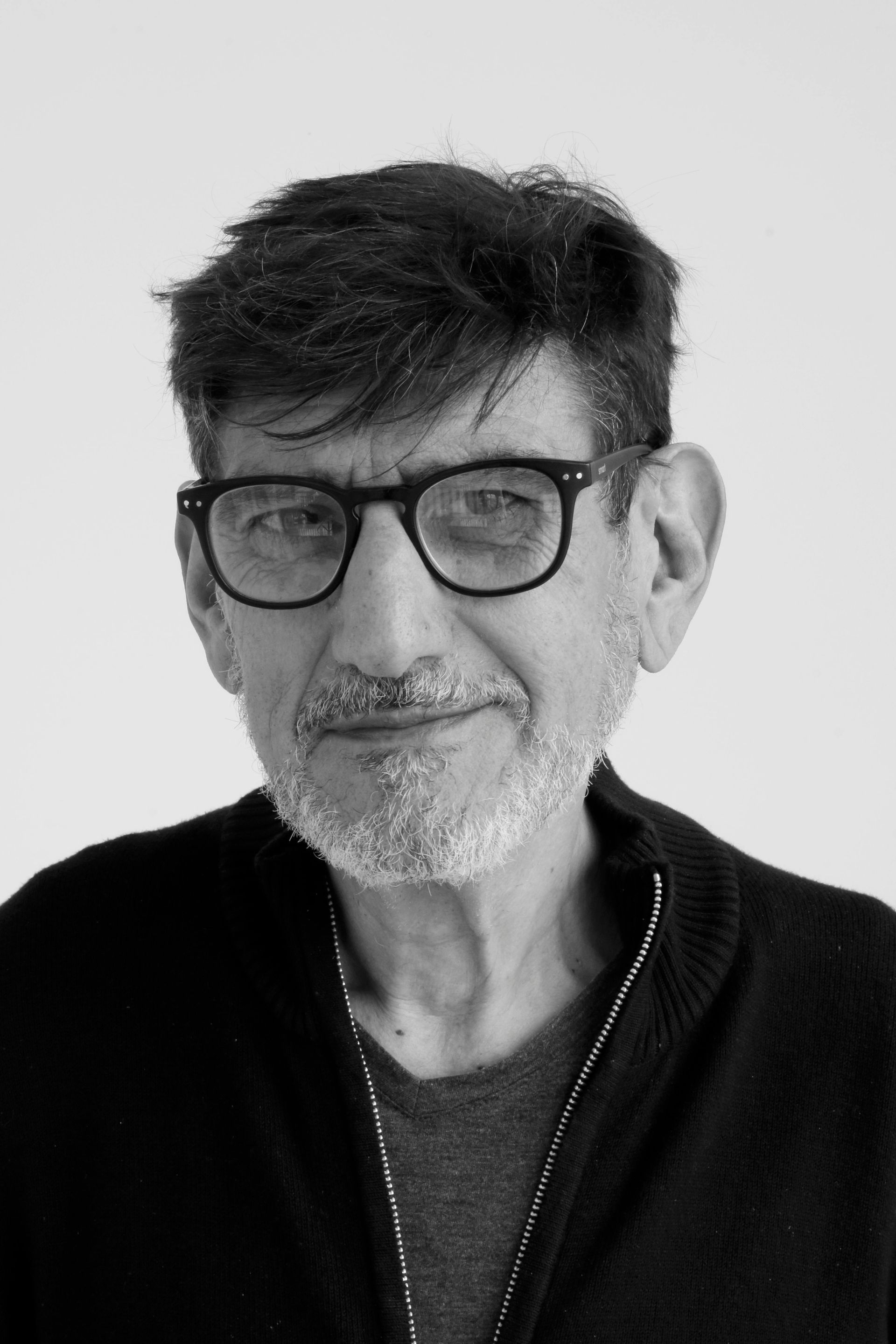
Diagnosed with Rare Cancer
Robert is a Veteran who lives with his wife in Oregon. He's been enjoying his retirement from serving the nation, and his wife is working part as a realtor. Life was good... until Robert was diagnosed with a rare form of cancer called a chordoma. A chordoma is a slow-growing but malignant tumor that forms along the spine. They're also extremely rare, with one in a million diagnosed cases each year. In Robert's case, the chordoma was at the base of his spine - which had a worse prognosis than if it appeared elsewhere.
Not Giving Up
However, if there was one thing Robert kept from his time in the military, it was perseverance. He wasn't going to give up his life without a fight. With that, he began to research treatment options. Robert found out that his best bet was a specialized surgery to remove the tumor, followed by proton therapy.
Snags in the Plan...
There were just a few snags in Robert's plan. His wife was experiencing a slow period at her realtor job. Their shared savings dwindled. Worse, Robert would need to see a specialist in California for his cancer treatment. Driving would take entirely too long even if they didn't stop. Flying was too expensive. How would Robert access the care that would enable him to stay alive?
...Now Resolved
Robert and his wife almost became desperate, and continued to research, apply for help, and pray. It was in that desperate moment that they received an answer to their prayers, delivered straight from the angels. But not just any angels - Mercy Medical Angels! Mercy Medical Angels arranged charitable flights on American Airlines, so Robert could fly to California and receive life-saving cancer treatment.
"They Really Helped"
Now, Robert has returned home from California. When asked how Mercy Medical Angels and American Airlines helped him, Robert states his answer from the heart. "They really helped in a lot of ways. Thanks to them, I maintained phyiscal and mental wellness, and had greater financial stability. My flight was good, and the transportation assistance also increased my quality of life." He doesn't know if he'll need more treatments in the future. But now, he knows where to turn if he needs help getting there.




